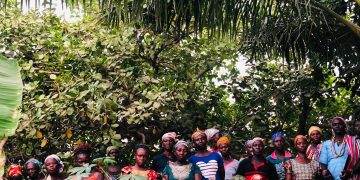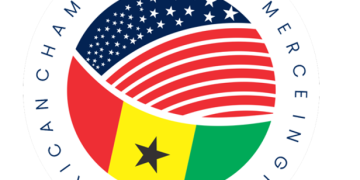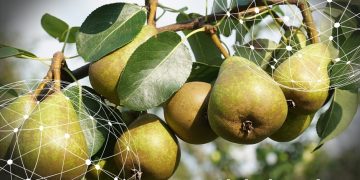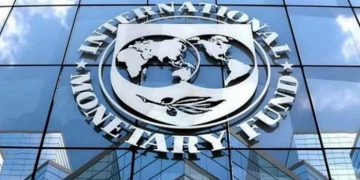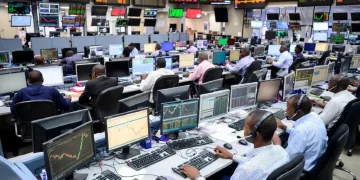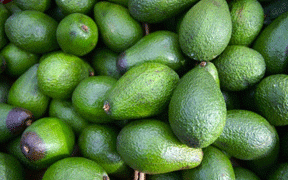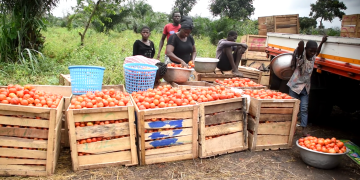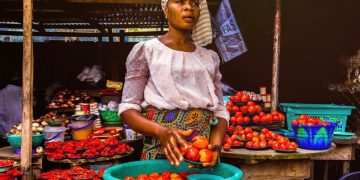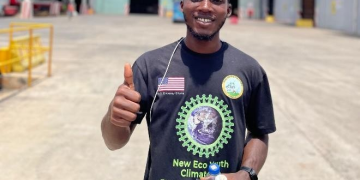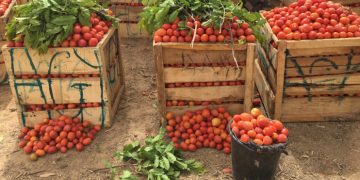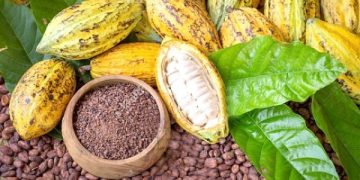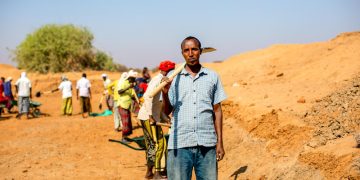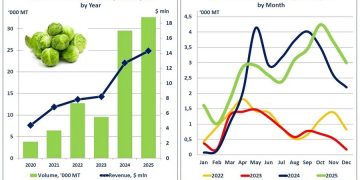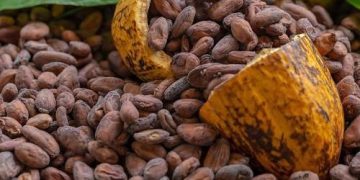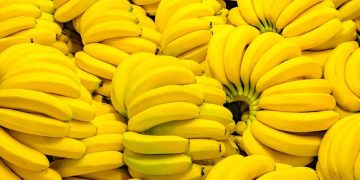The government of Ethiopia and Nigeria’s Dangote Group have unveiled plans to construct one of the world’s largest fertilizer manufacturing complexes a transformative investment aimed at boosting food production in Africa.
The agreement valued at US$2.5 billion and signed on August 28, 2025 marks Ethiopia’s strategic pivot from fertilizer importer to industrialized producer. Located in the town of Gode in Ethiopia’s Somali Regional State, the planned facility is anticipated to generate an astounding three million metric tons of urea annually, positioning it among Africa’s and indeed the world’s largest single-site production sites.
Under the venture’s ownership structure, Ethiopia’s state-owned Ethiopian Investment Holdings (EIH) will control a 40% equity stake, while Dangote Group led by continent’s richest man, Aliko Dangote will hold the remaining 60%.
Visionary Leadership Offers Africa-for-Africa Model
At the signing, Prime Minister Abiy Ahmed heralded the project as “a decisive step in our path to food sovereignty,” underscoring Ethiopia’s ambition to turn domestic fertilizer production into a stable foundation for agricultural productivity.
Aliko Dangote echoed the sentiment, framing the deal as a shared ambition to accelerate Africa’s industrial transformation and food security. “This is not just commerce, it is entrepreneurial vision for a self-sufficient Africa,” commented Dangote, speaking of his broader African industrial agenda.
Strategic Infrastructure Beyond the Factory Floor
The Gode complex will extend beyond fertilizer manufacturing to include a gas pipeline linking the facility to Ethiopia’s Calub and Hilala gas fields, ensuring cost-effective and energy-secure operations. The project also allows room for future expansion into other fertilizers such as ammonia-based products.
A March 2025 parliamentary briefing by Prime Minister Abiy envisaged a 40-month construction timeline, aiming for completion by early 2029.
A Turning Point for Agriculture and Currency Savings
Agriculture employs over 70% of Ethiopia’s population predominantly smallholder farmers. Local fertilizer production promises cheaper, more reliable inputs, boosting yields, stabilizing food prices, and improving rural livelihoods.
Finance Minister Ahmed Shide emphasized the broader implications: by curbing annual fertilizer imports—which previously cost Ethiopia about US$1 billion—the country will conserve vital foreign currency and enhance economic resilience.
Geopolitical Impact & Regional Ripple Effects
This Nigeria–Ethiopia partnership exemplifies a new “Africa-for-Africa” development narrative. Dangote’s Lagos fertilizer plant already serves as a significant export hub; replicating that model in Ethiopia could see the country transition from importer to exporter, potentially reshaping regional fertilizer markets.
Outlook: Execution Will Define Legacy
While the promise is undeniable a major industrial backbone, agricultural transformation, and dietary security—the real measure will lie in execution. Timely delivery, cost management, and inclusive access will determine whether the Gode complex achieves its potential as Ethiopia’s industrial flagship and a continental model.
In sum, the Ethiopia–Dangote fertilizer deal is more than an economic transaction. It’s a bold industrial milestone, a pledge of sovereignty, and perhaps the harbinger of a new era of African-led development—rooted in continental collaboration and self-reliance.
Source : Farmers Review Africa

